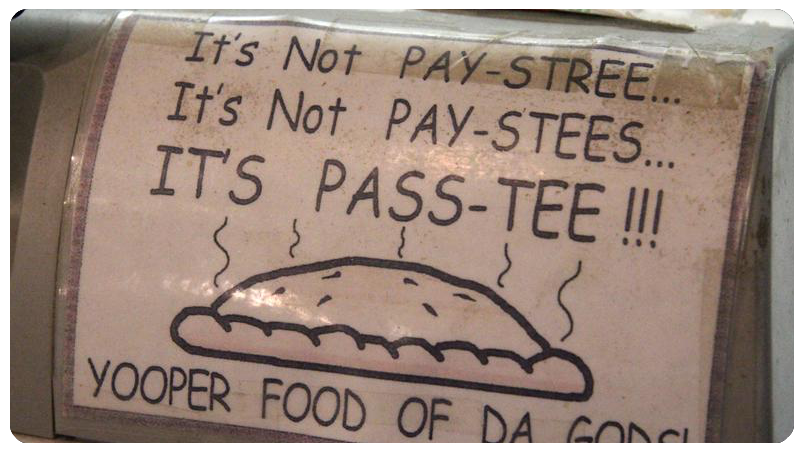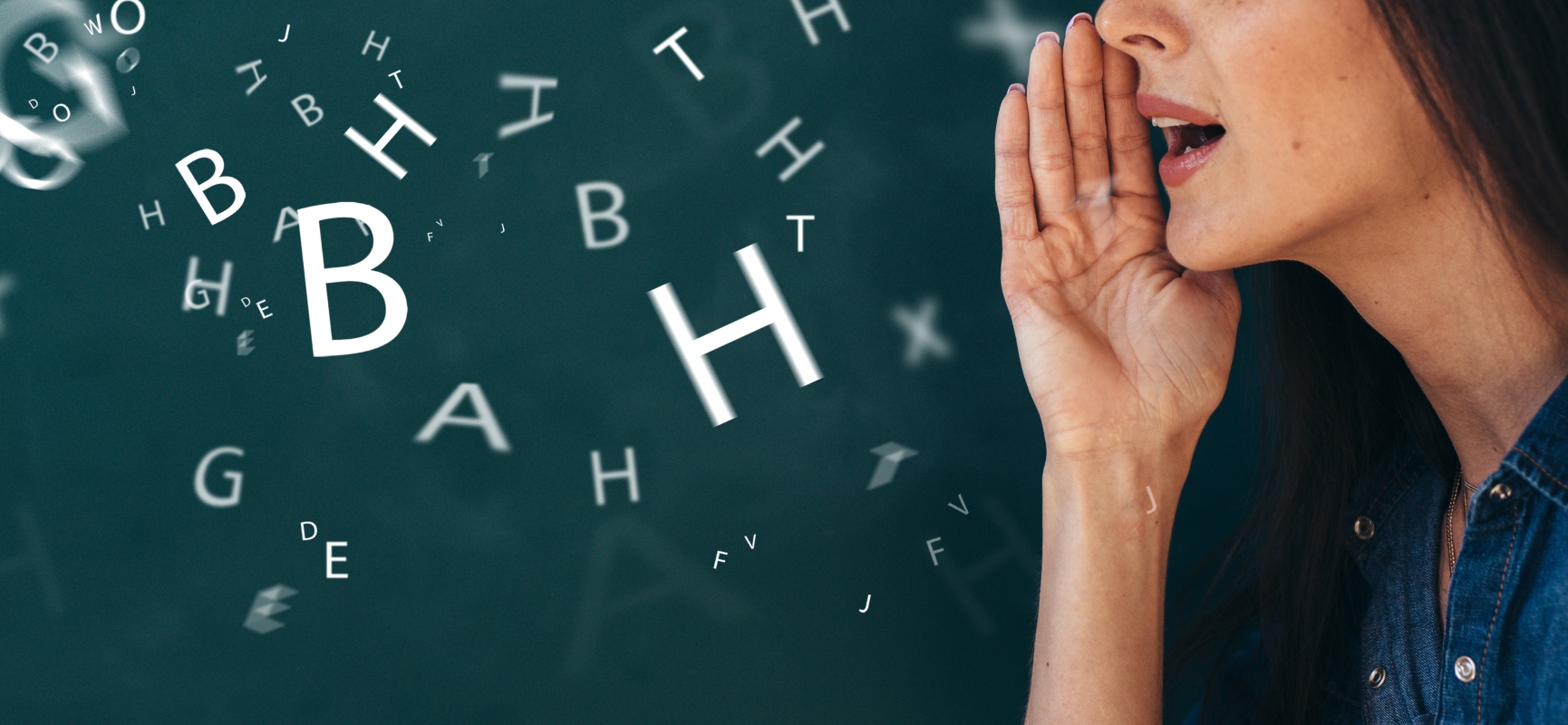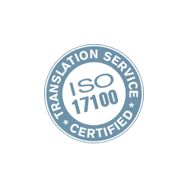Five Tricks for Better Pronounciation
“The English speakers do not like language,” a Spanish-speaking friend once told me. “They have all these lovely words but do not pronounce half the letters.”
I was taken aback. I had just been told that I did not like language, after all. My love for books, penchant for crunchy adverbs and addiction to old dictionaries would beg to differ but I couldn’t help but feel that she had a point.
“A don’t ‘ate em,” I replied in something halfway between Cockney and Glaswegian. “I jus’ don’t need ‘em aw.”
After that I listened carefully as my friend spoke. It was only then that I noticed what a lovely rhythm native Spanish speakers have when speaking English. Every word is cherished. Every syllable loved. Every single letter given the care and attention it deserves.
Listen to a Spanish speaker say transportation. Trans-por-ta-see-on not trans-por-tay-shn.
I seem to get bored halfway through and decide that the last two syllables can get lumped together.
And it’s a way of speaking that doesn’t do you any favours when learning a new language. Treat your bartender to bwena’ ‘oches and you’re likely to get a slightly bemused look.
Part of learning a language is learning how each sound is treated. Part of that is getting out of your ‘bad’ native habits. So, here’s our five tricks for better pronunciation.

1. Pronounce all the letters
Yes, I know you’re used to silent letters, omission, elision and just plain strange spellings like Dalziel (De-El), but other languages like their letters. As a general rule pronounce all the letters in a word, including the one at the end.
Disclaimer: this tip doesn’t work in French and is liable to earn you a few haughty chuckles.

2. Learn to love foreign vowels
Remember the Great Vowel Shift? No? Well that’s probably because it happened 600 years ago.
Anyhow, the standardisation of English meant that Great Vowel Shift shook up how vowels were pronounced in English. 600 years after the volatile vocalic incident and we’re still stuck with a bizarre vowel system.
Although all languages have little differences, if you go with a Spanish or Italian vibe, you’ll be right most of the time. Pronounce your “i” as “ee”, your “e” as “ay”, your “a” like the “a” in la, your “u” like “oo” and your “o” like the “o” in go.

3. Polly want a perfect repetition?
When you’re learning a language with a native speaker, take advantage of their lovely pronunciation. If you’re drilling words, always try and repeat it back exactly as they said. Same intonation, same stress, same pronunciation. Don’t, like we all do, stick a rising terminal inflection on it to ask if you’re pronouncing it right.

4. Lose the schwa-titude
Our vowels, like our consonants, have a habit of shrinking. However, unlike consonants, we can’t get rid of them entirely. Unstressed vowels just sort of transform into something else: the schwa. You might also know the schwa as the laziest of the vowel sounds.
P-uugh-tato. Sof-uuugh.
Most languages have the schwa sound but few use it as liberally as we do. Fewer still use it in place of unstressed vowels. So, pronounce all your vowels and lose your schwa-titude! (Apologies for the puns.)

5. Get to grips with non-English sounds
There’s one hundred and sixty (ish) sounds on the International Phonetics Alphabet chart. English uses somewhere between 40 and 60. That leaves you over one hundred non-English sounds to play with. The /x/ and /q/ sounds are an easy start and are found in loads of other languages.
Conclusion
Now that we have explored some of the best tips on improving pronunciation, not only will speaking your native language of English be improved (particularly handy for us Scots who are hard to understand at the best of times), but if you nail pronouncing your own language, learning the next will be considerably easier!
And, if you’re looking for other ways to help making learning a language easier we’ve explored the best language learning apps and explained how to make a study plan (and stick to it).
Global Language Services helps in learning a language and offers translation services, get in touch to see how we can help.





